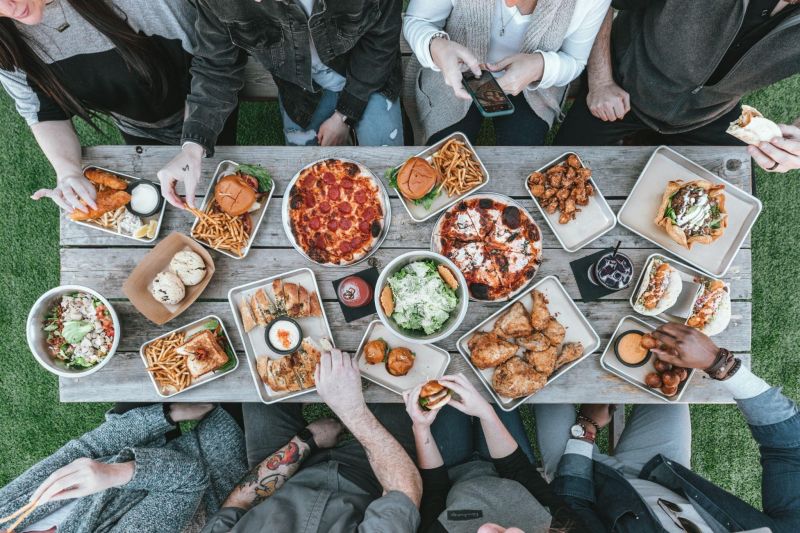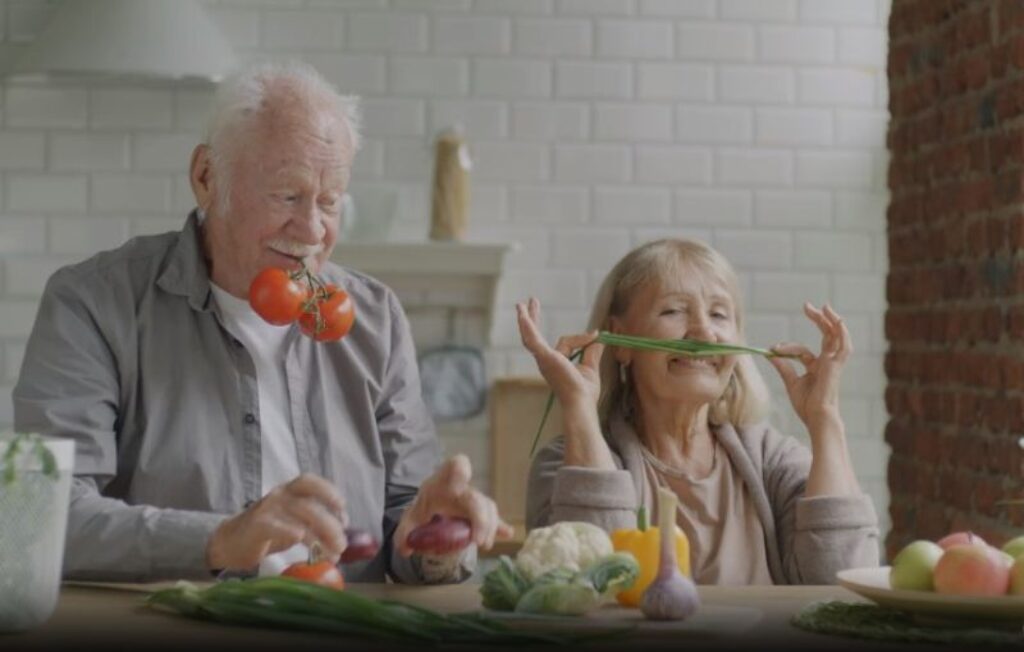
While maintaining a nutritious diet is crucial at any age, it becomes much more crucial as we age. Seniors who eat a balanced diet have better physical and mental health as well as an outstanding quality of life. Still, many elderly people find it challenging to maintain a healthy diet.
In this article, we’ll look at the common reasons behind older people’s poor eating habits and offer solutions. Let’s investigate the topic of nutrition for seniors, highlighting the opportunities and difficulties that come with adopting a healthier diet.
Table of Contents
Taste and Appetite Changes
As we get older, we often experience changes in our tastes and appetites. A greater preference for processed, sweet, or salty foods could be brought about by these modifications.
Remedies: Try experimenting with flavors and spices to give nutritious food more appeal. Regular exercise will make you more hungry.
Digestive Problems
Eating a healthy diet may be more challenging for seniors who suffer from digestive problems like constipation or indigestion.
Solutions: To aid in digestion, eat meals high in fiber and drink lots of water. Consult a physician for the treatment of digestive problems.
Lack of Appetite
Drugs or a reduction in exercise are common causes of decreased appetite in the elderly.
Solutions: Even if this means eating smaller, more frequently spaced meals, establish a regular eating schedule. Consult a healthcare provider regarding prescription medications and their impact on appetite.
Isolation and Loneliness
Eating by oneself may be less enjoyable, which lessens the significance of keeping a nutritious diet.
Solutions: To encourage social eating, schedule frequent get-togethers for meals with friends and family. Engaging in lunch programmes provided by community or senior centers may offer opportunities for social interaction.
Fixed Earnings

Source: unsplash.com
Financial limitations may have an impact on seniors’ food choices, causing them to select less healthy but more affordable options.
Remedies: Consider meal planning to cut costs, buy in bulk, and take advantage of elder discounts. Food costs may be covered by community and government programmes.
Problems with Mobility and Transportation
It may be challenging for seniors with limited mobility to prepare fresh meals or shop for groceries.
Remedies: Consider using food or grocery delivery services, or asking friends and family for assistance. It’s likely that local charities and organizations offer lunch and transportation support.
Memory and Cognitive Decline
Memory loss and cognitive decline may have an effect on meal planning and preparation.
Solutions: Create simple menus and use visuals to remind people of important dates. Having family members or carers assist with meal preparation can help ensure a balanced and nutrient-rich diet.
Fear of Cooking
A number of senior citizens have fear of cooking or have doubts about their competence to cook.
Solutions: Encourage senior citizens to participate in simple, low-risk cooking classes or events. Emphasize safety and provide the necessary kitchen tools.
The Arizona diet and long-term care
In Arizona, diet is a major factor in long-term care. It is the responsibility of Arizona’s long-term care institutions, including assisted living communities and nursing homes, to ensure that their residents are getting enough food and water. For their own health and well-being, elderly people who may require assistance with meal planning and preparation need this. In order to ensure that their loved ones get the food they need while living in a care facility, families and carers should work closely with long-term care providers.
Nutrition Education

Source: unsplash.com
It’s probable that a large number of senior people lack adequate nutrition knowledge, which could result in poor dietary choices. Understanding the importance of a balanced diet and the impact of various nutrients on health is necessary in order to make better dietary choices.
Remedies: Consider attending classes or events that educate senior citizens about nutrition. These programmes can provide useful information about meal planning, the benefits of different food categories, and how to adopt healthy eating habits into daily life.
Depression and Emotional Well-Being
Depression and other mental health issues may have a significant influence on older people’s eating habits. Feelings of depression, melancholy, or isolation may be the cause of a low appetite and disinterest in food. The mental well-being of seniors needs to be taken care of because it has a direct impact on the meals they select to eat.
Remedies: Seek professional help if there are signs of depression or other mental health issues. Engage in activities that improve emotional well-being, such as socializing, hobbies, and physical exercise. Emotional support from friends and family can also have a big impact on a senior’s eating habits and mental health.
Seniors with greater nutrition knowledge and awareness could be able to select healthier diets. Eating a healthy diet is crucial for senior citizens, but it can be challenging for a number of reasons, including taste changes, digestive problems, loss of appetite, and loneliness. Seniors who address these challenges with practical solutions—like increasing communal eating, adjusting to taste changes, and applying for financial aid—can enjoy greater nutrition and overall well-being.
Moreover, relatives and carers of elderly people in long-term care facilities, whether in Arizona or elsewhere, should ensure that a healthy diet is a primary focus of their loved one’s care plans. With the right support and guidance, seniors can lead meaningful and healthy lives far into old age. Arizona long-term care has put in place nutrition programs to make sure that residents get the vital nutrients they require for a happy and healthy life because they understand how important nutrition is to seniors’ overall health.









